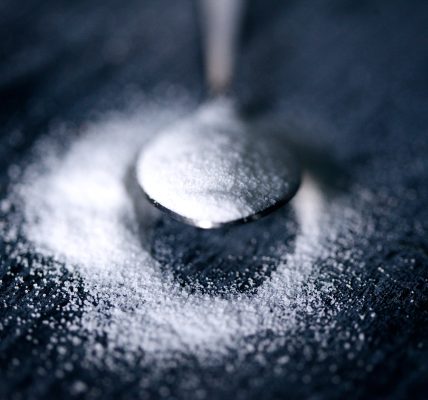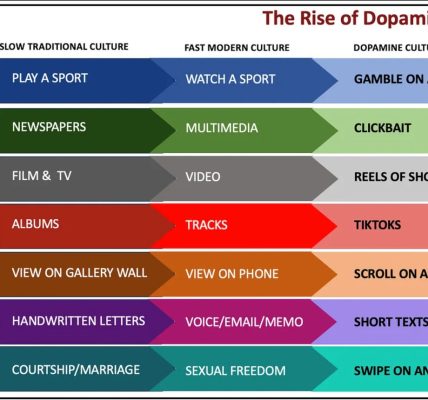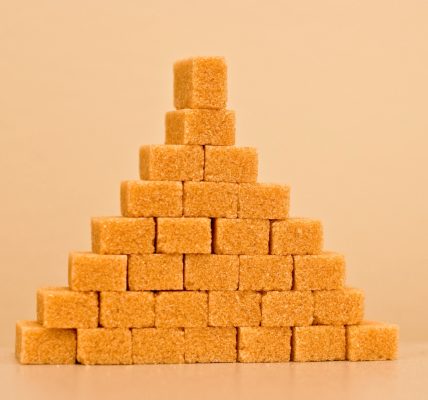The Sugar Conundrum

For more than a decade, Dr. Vera Tarman worked at the Canadian drug and alcohol residential treatment center, Renascent, where she saw over 1,000 new patients each year. In 2012, Recovery Wire Magazine published an article containing observations she made there.
Unfortunately, the piece is no longer available online, but some of the things Dr. Tarman wrote are too important to be forgotten — mainly, this:
Most said that to not eat sugar was harder than to stop drinking.
There were patients who had been problem eaters until they got hooked on booze. But when they were treated for alcoholism, “the same old pattern of eating reemerged.” The institution, not originally aware of this hazard, provided plenty of “cheap and cheerful” sweets and carbs to comfort the people who were getting off hard drugs. Whether their recovery was from alcohol, cocaine, or whatever, many of the recovering addicts experienced the same phenomenon — a seamless segue into being food addicts instead — with the food in this case being mainly sugar.
The surplus of neurochemicals that results from eating sugar creates a heightened sense of well-being that is the same as drug intoxication. Look at a SPECT scan, a specialized radiological study of part of the brain, and you cannot tell the difference between a sugar high and a cocaine high.
Dr. Tarman said of the “cheap and cheerful” offerings:
[T]hey are mood altering: they provide a surplus of neurochemicals, namely dopamine, serotonin, and endorphins. And they are ‘drugs’; the refined hyper palatable foods that we serve (muffins, pastry, popcorn, juices, candy) are not natural foods. They are artificially constructed chemicals that the food industry has created so that we become addicted to eat more and more of them.
Meanwhile, society at large experienced an identical slide into the wilderness of irresistible sweetness. In a particular case in 2014, society at large was represented by two professional comedians talking on a podcast where candy was celebrated as “our muse.” Ari Shaffir claimed to actually get withdrawal symptoms, including light-headedness. Dean Delray confessed,
My body can’t operate without it. At 8 AM, I’m two bags of candy in… my body craves it bigtime. I’ll skip regular food all day and eat candy…
I really do think the original curse on me is cereal. That’s where it started. That’s 100% just jars of sugar. We were poor, so I would eat cereal usually for breakfast and dinner.
He was raised by a working mother, where the absent father did not contribute child support. Even as an adult, the alleged “food” he preferred would be of the French toast and pancakes genre. Even as a man of almost 50, who had successfully quit both drinking and smoking, Delray was unable to give up sugar. (And also confessed to being an online shopping addict, but that is a story for another day.)
Joining the chorus of comparisons, Australian authorities declared that sugar is as addictive as nicotine. The Rutgers Center for Alcohol Studies published an article titled, “Sugar Addiction: More Serious Than You Think.”
The Ardure Recovery Center published a “Sugar Addiction FAQ” quoting Harvard University:
While sugar addiction as a formal diagnosis is not recognized by medical authorities, research suggests that excessive sugar intake can lead to behavioral and physiological changes resembling addiction. Studies conducted by Harvard researchers have explored the impact of sugar on the brain, the addictive properties of sugary foods, and the potential consequences of sugar addiction on overall health…
Meanwhile, discussion forums such as Quora and Reddit provided space for people to ask questions like, “Why is sugar not considered a drug if it is very addictive and ruins health?” and “Why is it harder to quit sugar than it is cocaine?,” and to contribute such opinions as “Sugar is a disgusting drug that no one talks about.”
Written by Pat Hartman. First published February 9, 2024.
Sources:
“Finally Sober, Suddenly Fat: Food Addiction is Another Drug Addiction,” Recovery Wire Magazine, October 2012.
“#190: Candyman Candyman Candyman (@DeanDelray),” Libsyn.com, October 27, 2014.
“’Addictive as nicotine’: Australian of the Year calls for end to sugar dependency,” SMH.com.au, March 4, 2020.
“Sugar Addiction: More Serious Than You Think,” Rutgers.edu, undated.
“Sugar Addiction FAQ,” Ardu Recovery Center, July 29, 2023.
Image Copyright: Mike Mozart. Used under Creative Commons license.




